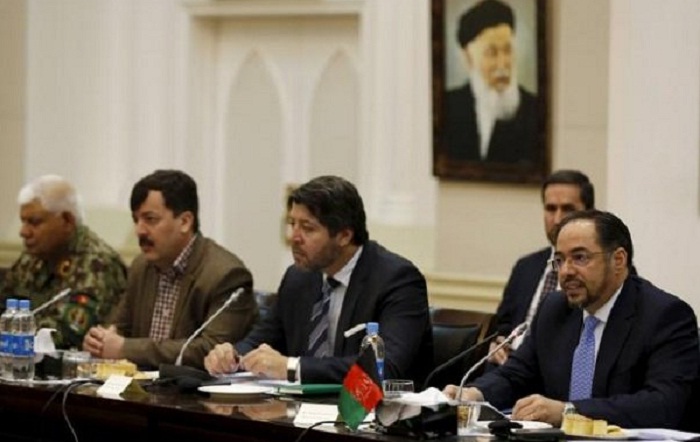Pakistan’s Foreign Office spokesman Nafees Zakria told reporters the other day that face-to-face talks between Afghan government and Taliban would take place soon. According to the spokesman, convening the direct talks between the representatives of Afghan government and Taliban is a shared responsibility of the Quadrilateral Coordination Group (QCG), comprising of Afghanistan, Pakistan, the US and China. The term shared responsibility is a mockery for many. From start to date, Pakistan claims to be a sincere ally of the US in the war against terrorism in the region. However, there is no end in sight to the ongoing terror activities. The country also said that it is supporting Afghan peace process. There is no denial to the fact that militant attacks in Afghanistan are planned and executed by state entities of the neighboring country. For long Islamabad denied supporting Afghan militants.
These claims proved jokes of the century when Pakistan’s Foreign Affairs Advisor Sartaj Aziz admitted that his country is supporting Taliban. In his speech at the Council on Foreign Relations in the United States, Sartaj Aziz said that Islamabad has influence over the insurgent group as Taliban commanders were treated in Pakistani hospitals and their families were residing there.
As Sartaj Aziz has confessed that Islamabad is providing shelter to the Taliban leadership, Pakistan owes it a responsibility and duty to bring the Afghan militant leaders to the table of talks.
On Saturday the Taliban rejected participation in the direct talks with the government. In a statement, the insurgent group said that it would not talk to the Afghan government unless its demands were met. To satisfy this obligation, Pakistani authorities should force the insurgents to renounce violence and embrace the peace opportunity. The neighboring country has no right to provide safe havens to the insurgent groups that are the reason for mayhem and chaos in Afghanistan. They are the citizens of this country and are committing crimes against this land. No country has the right to protect them as strategic assets or a political tool. If Taliban leadership does not agree to be part of the reconciliation drive then Pakistan should hand over them to Afghanistan.
Only Islamabad has to be blamed for the failure of the Afghan peace process and continued violence in the country. How can Pakistan claim that it is sincere when it provides protection and other facilities to the Taliban? How can relations between the two countries improve when Islamabad is assisting the Afghan militants with all possible means? Who have the blood of all those Afghans killed by the Pakistan-backed Taliban? Of course, Pakistan is guilty. However, it yet had the opportunity to regret and mend its ways. To patch up relations with Kabul, Islamabad has to bring changes in its policies as pointed out by Deputy Foreign Minister Hekmat Khalil Karzai. The flawed security calculus of Pakistani military establishment had inflicted heavy damages on both Afghanistan and Pakistan; though, Afghans are the worst victims of terrorism and extremism which was continuously fueled by Islamabad.
To prove it is sincere, Pakistan should use its influence over the Taliban to bring peace and stability to Afghanistan. Without doing so, Islamabad cannot prove that it is sincere in what it claims.
 Afghanistan Times
Afghanistan Times




